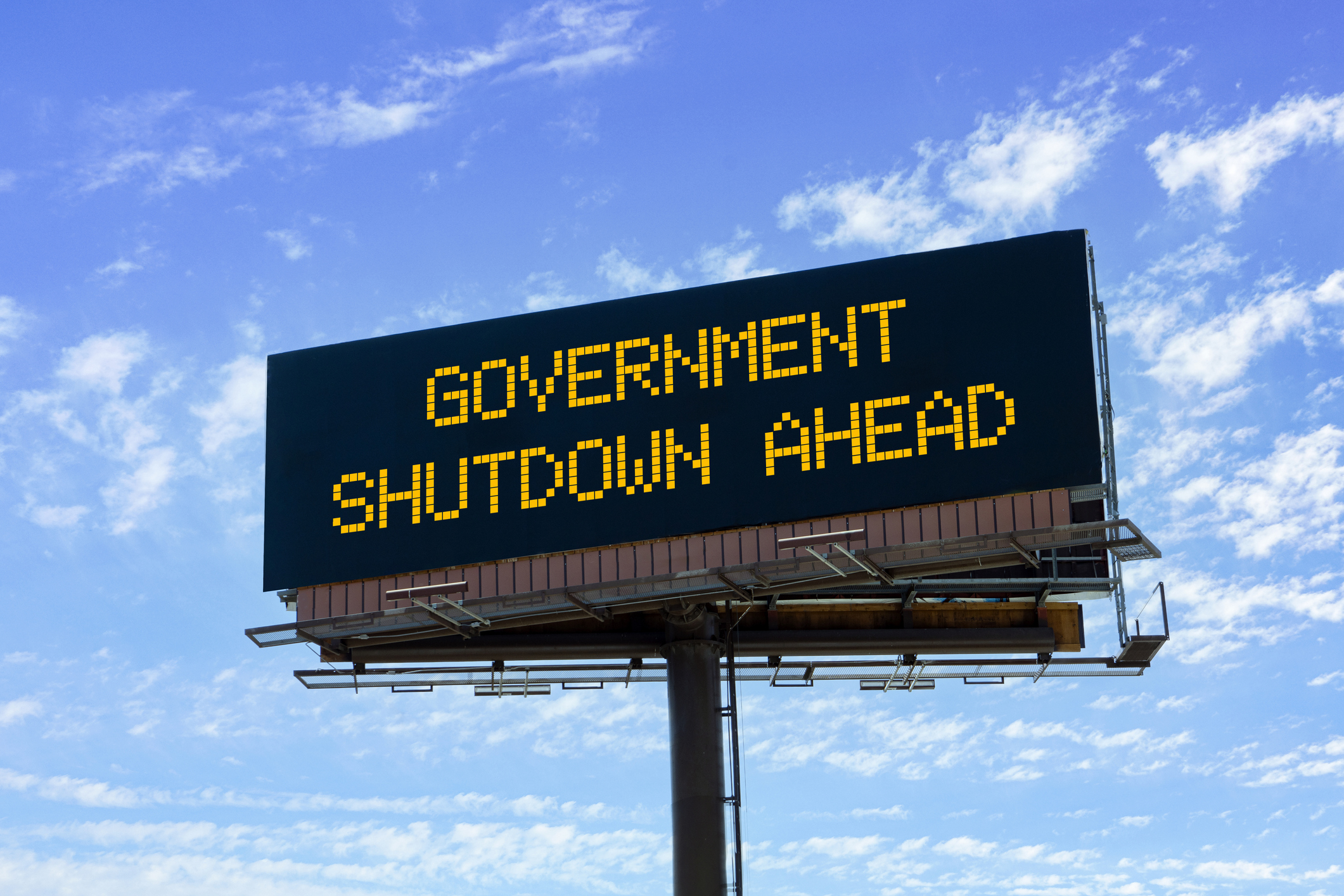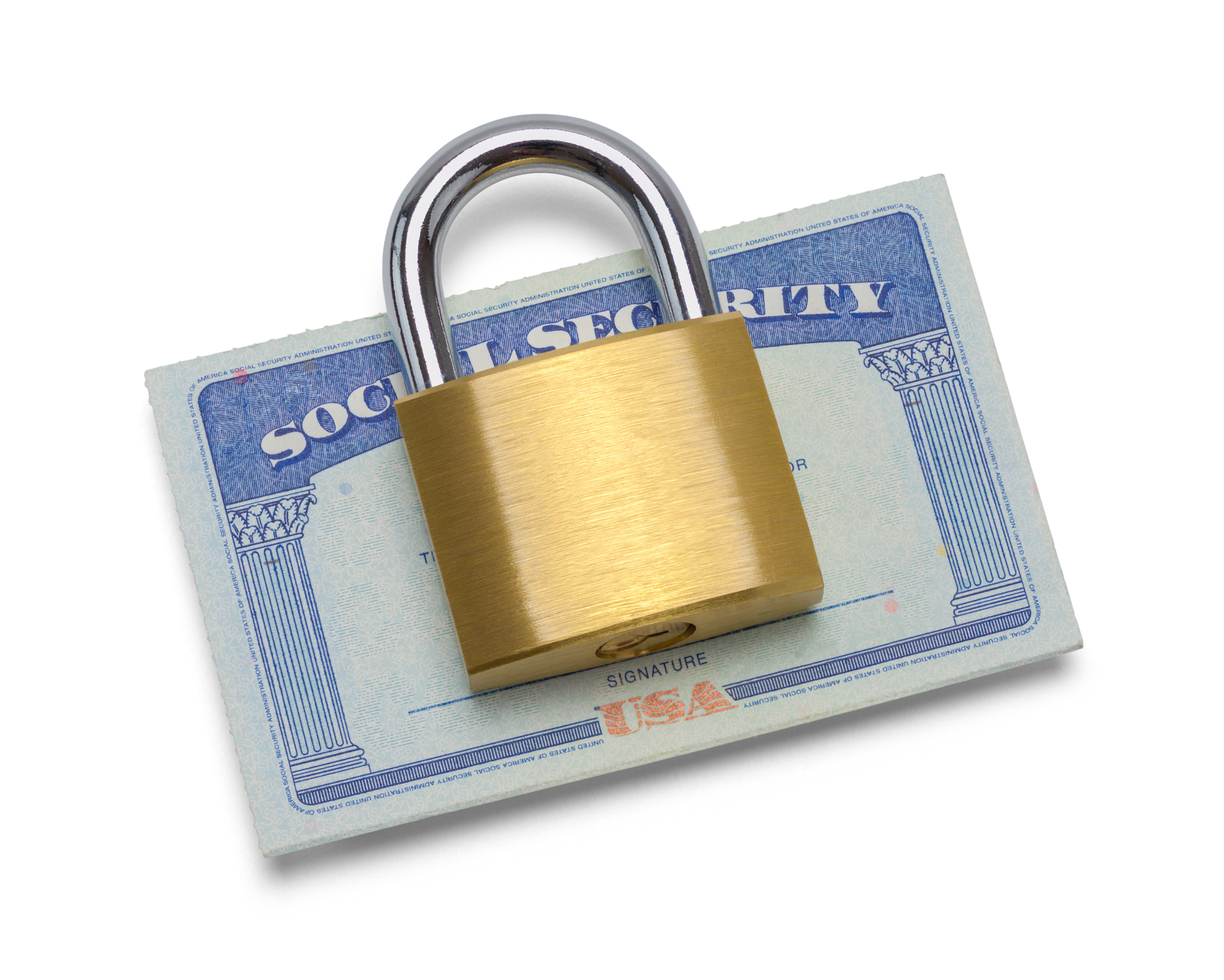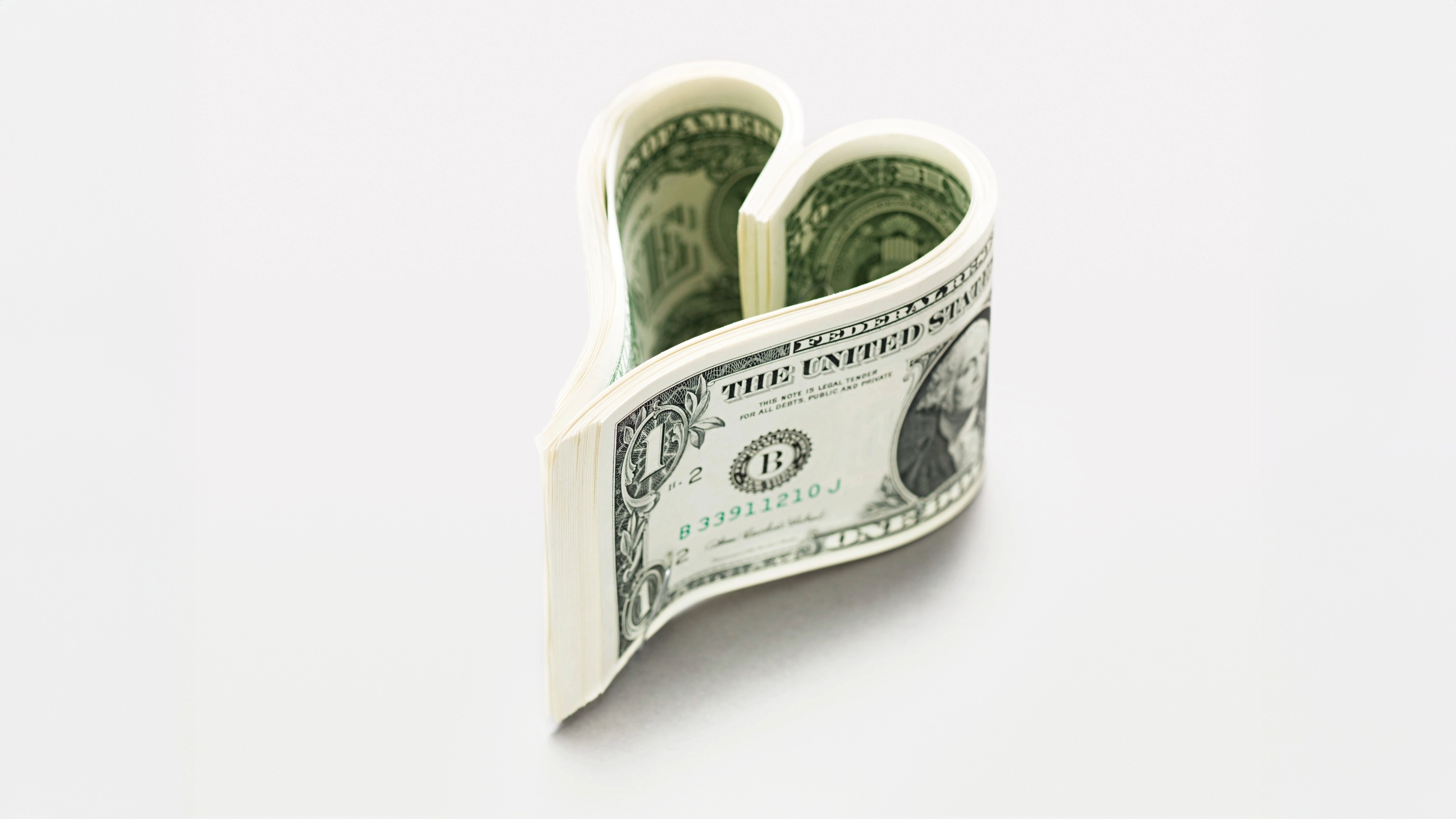How Social Security Is Affected by a Government Shutdown
What happens to your Social Security check if the federal government shuts down? And what services would be paused? We've got answers.


Profit and prosper with the best of Kiplinger's advice on investing, taxes, retirement, personal finance and much more. Delivered daily. Enter your email in the box and click Sign Me Up.
You are now subscribed
Your newsletter sign-up was successful
Want to add more newsletters?

Delivered daily
Kiplinger Today
Profit and prosper with the best of Kiplinger's advice on investing, taxes, retirement, personal finance and much more delivered daily. Smart money moves start here.

Sent five days a week
Kiplinger A Step Ahead
Get practical help to make better financial decisions in your everyday life, from spending to savings on top deals.

Delivered daily
Kiplinger Closing Bell
Get today's biggest financial and investing headlines delivered to your inbox every day the U.S. stock market is open.

Sent twice a week
Kiplinger Adviser Intel
Financial pros across the country share best practices and fresh tactics to preserve and grow your wealth.

Delivered weekly
Kiplinger Tax Tips
Trim your federal and state tax bills with practical tax-planning and tax-cutting strategies.

Sent twice a week
Kiplinger Retirement Tips
Your twice-a-week guide to planning and enjoying a financially secure and richly rewarding retirement

Sent bimonthly.
Kiplinger Adviser Angle
Insights for advisers, wealth managers and other financial professionals.

Sent twice a week
Kiplinger Investing Weekly
Your twice-a-week roundup of promising stocks, funds, companies and industries you should consider, ones you should avoid, and why.

Sent weekly for six weeks
Kiplinger Invest for Retirement
Your step-by-step six-part series on how to invest for retirement, from devising a successful strategy to exactly which investments to choose.
The U.S. government officially shut down at midnight on Oct. 1, 2025, as lawmakers failed to pass a temporary funding bill. That's leaving many people wondering how Social Security will be affected by the furlough of non-essential employees triggered by the shutdown.
Fortunately, the Social Security Administration (SSA) is one of the government agencies that has put together detailed contingency plans outlining the services that it will continue (and pause) in case of a shutdown. In the missive laying out its strategy, the agency said:
“We will continue activities critical to our direct-service operations and those needed to ensure accurate and timely payment of benefits. We will cease activities not directly related to the accurate and timely payment of benefits or not critical to our direct-service operations.”
From just $107.88 $24.99 for Kiplinger Personal Finance
Become a smarter, better informed investor. Subscribe from just $107.88 $24.99, plus get up to 4 Special Issues

Sign up for Kiplinger’s Free Newsletters
Profit and prosper with the best of expert advice on investing, taxes, retirement, personal finance and more - straight to your e-mail.
Profit and prosper with the best of expert advice - straight to your e-mail.
So, one thing is clear — even though the U.S. government has shut down, you will continue to receive your Social Security checks and disability payments. The reason that Social Security payments will continue is that they are considered "mandatory spending," and they are funded under a trust, which is not part of the annual appropriations process.
Social Security services that will not be paused
Services that the SSA says will be uninterrupted during the shutdown include:
- Payment of Social Security checks
- Applications for benefits
- Requests for appeals
- Reconsiderations
- Payee changes
- Direct contact reinstatement of benefits
- Issuance of original and replacement Social Security cards
- Initial claims, including terminally ill, compassionate allowances, quick disability determinations, dire need, and wounded warriors
- Assistance requests for hearings
Social Security services that would be paused
During a shutdown, the SSA is partially closed — with about 8,103 of its 59,058 workers furloughed.
Services that are not directly related to payment benefits and those not critical to direct-service operations will stop until the government reopens, the SSA said. If the shutdown lasts more than five days, the SSA will re-evaluate the number of employees necessary to perform critical operations, as it did during the 2013 shutdown.
According to the SSA, services that are set to be paused when a shutdown occurs include:
- Benefit verifications
- Earnings record corrections and updates
- Payee accountings
- Prisoner activities — suspension
- Requests from third parties for queries
- Freedom of Information Act (FOIA) requests
- IT enhancement activities, public relations, and training
- Replacement Medicare cards
- Overpayments processing
The scheduled furloughs and pauses in service are in the Social Security Administration's plan for a shutdown. However, the SSA hasn't issued any further information or made a statement about implementing these plans as of Oct. 1, 2025.
Using an online Social Security account during a shutdown
One way to continue to access your information and avoid long wait times on the phone is to use an online Social Security account. Known as a my Social Security account, it can help you if you are still working or currently claiming benefits. You can take care of several tasks, including requesting a replacement Medicare card, printing proof of Social Security benefits and repaying overpayments, some of the services typically not offered during a shutdown. Plus, it’s a good way to protect against Social Security fraud.
After you’ve set up your my Social Security account, you'll be able to review your earnings history, calculate an estimate of your future benefits and file for Social Security and Medicare benefits.
Related content
Profit and prosper with the best of Kiplinger's advice on investing, taxes, retirement, personal finance and much more. Delivered daily. Enter your email in the box and click Sign Me Up.

Donna joined Kiplinger as a personal finance writer in 2023. She spent more than a decade as the contributing editor of J.K.Lasser's Your Income Tax Guide and edited state specific legal treatises at ALM Media. She has shared her expertise as a guest on Bloomberg, CNN, Fox, NPR, CNBC and many other media outlets around the nation. She is a graduate of Brooklyn Law School and the University at Buffalo.
- Donna FuscaldoRetirement Writer, Kiplinger.com
- Esther D’AmicoSenior News Editor
-
 How to Budget as a Couple Without Fighting
How to Budget as a Couple Without FightingThese tips will help you get on the same page to achieve your financial goals, with minimal drama.
-
 Emergency Travel Assistance Memberships Explained
Emergency Travel Assistance Memberships ExplainedEmergency travel assistance memberships help coordinate medical evacuations and emergency travel support. Here is how they differ from insurance and how major providers compare.
-
 Why 'Locking' Your Social Security Number Is the New Credit Freeze
Why 'Locking' Your Social Security Number Is the New Credit FreezeHere is how to keep your Social Security number private in an age of aggressive cybercriminals.
-
 These Thoughtful Retirement Planning Steps Help Protect the Life You Want in Retirement
These Thoughtful Retirement Planning Steps Help Protect the Life You Want in RetirementThis kind of planning focuses on the intentional design of your estate, philanthropy and long-term care protection.
-
 Fixed Indexed Annuities and Bonds: The Perfect Match as Interest Rates Inch Lower?
Fixed Indexed Annuities and Bonds: The Perfect Match as Interest Rates Inch Lower?The prospect of more interest rate cuts has investors wondering how to enhance the bond portion of their portfolio. A fixed indexed annuity could be the answer.
-
 'Fee-Only' and 'Fiduciary' Are Not the Same: A Financial Pro Sets the Record Straight
'Fee-Only' and 'Fiduciary' Are Not the Same: A Financial Pro Sets the Record StraightThe terms fiduciary and fee-only are not interchangeable. Knowing the difference ensures investors get the advice and the consumer protection they need.
-
 Dad Is a 68-Year-Old Widower, Forced to Retire. He's Wonderful, but May Need More Time Than I Can Give.
Dad Is a 68-Year-Old Widower, Forced to Retire. He's Wonderful, but May Need More Time Than I Can Give.My dad is fun and handsome, but reeling after so much loss. Relationship experts give their advice.
-
 I'm a Financial Adviser: This Is Why a Second (Gray) Divorce Could Cost You Big-Time
I'm a Financial Adviser: This Is Why a Second (Gray) Divorce Could Cost You Big-TimeDivorce isn't any easier the second time, especially if you've remarried later in life. Rushing to settle without proper advice can have serious consequences.
-
 A Matter of Trustees: Is Your Spouse the Best Person to Manage the Kids' Trusts?
A Matter of Trustees: Is Your Spouse the Best Person to Manage the Kids' Trusts?Naming your spouse as trustee can provide invaluable familial insight and continuity, but you should carefully weigh those benefits against potential risks.
-
 Hosting a Family Reunion? 10 Essentials for a Lasting Legacy
Hosting a Family Reunion? 10 Essentials for a Lasting LegacyRekindle old friendships, pass down traditions and have a ball at your family reunion. We answer 10 common planning questions.
-
 Should I sell my old silverware and gold jewelry now that prices are so high? Or should I hand them down?
Should I sell my old silverware and gold jewelry now that prices are so high? Or should I hand them down?My family silver and gold have sentimental value, but I hardly use them. Should I sell? We asked a professional metals dealer and investment adviser to weigh in.